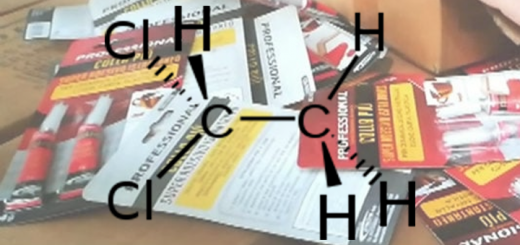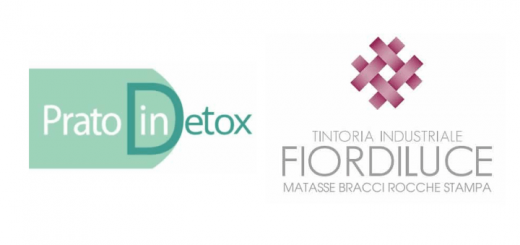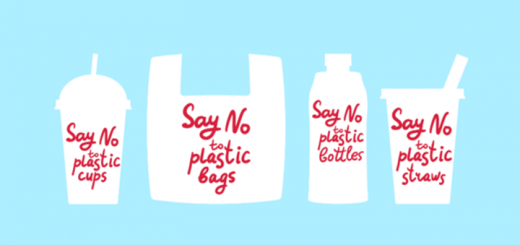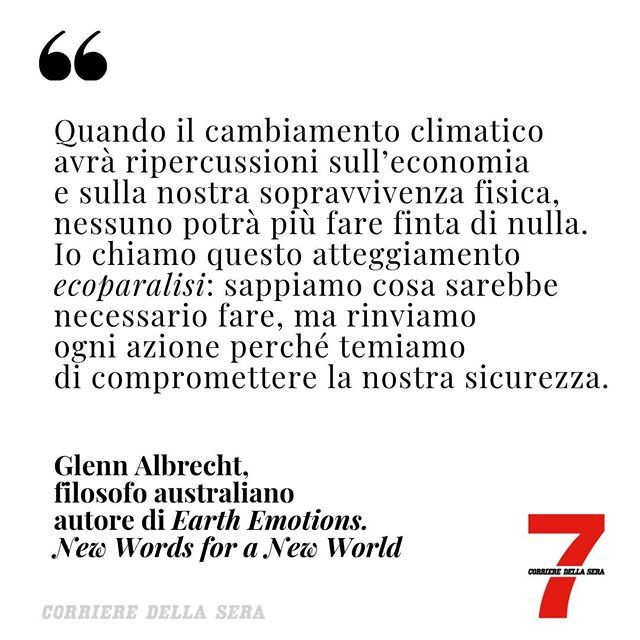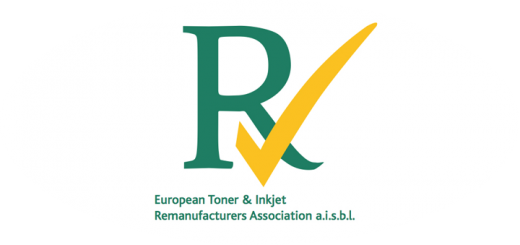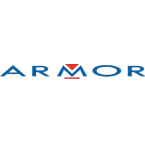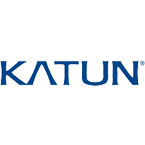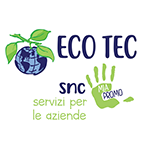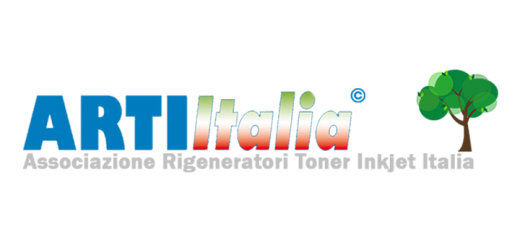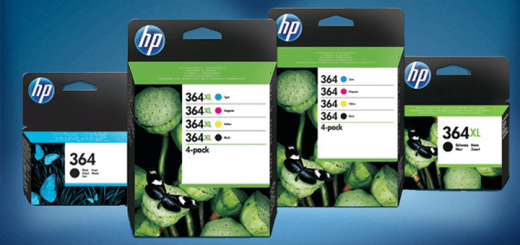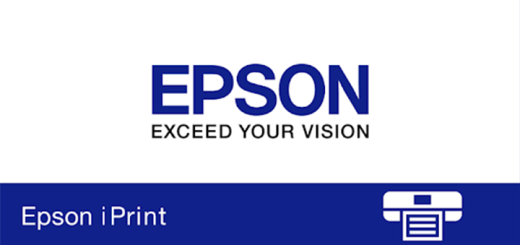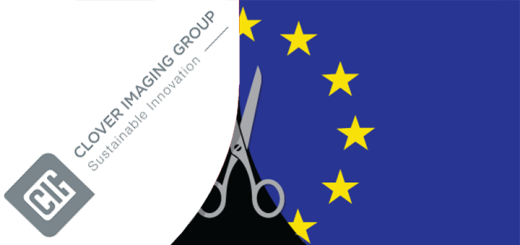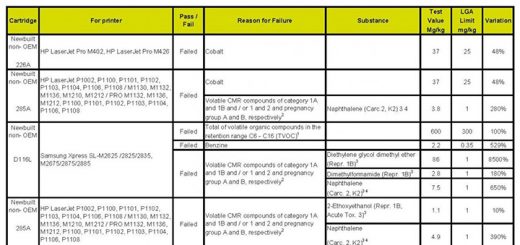Concerns over CAM in Italy
ARTI-Italia has sent a letter to the Italian Ministries of Economy and Finance, and Infrastructure and Transport, discussing its desired changes to CAM (Minimum Environmental Criteria) in the face of the threat from clone products.
The letter, viewed by The Recycler, states, “With regard to the discussion relating to the “Sblocca Cantieri” decree and to the bill delegating the revision of the Procurement Code that we want to modify in the sense of streamlining the obligations, we express our concern as it seems to us that the direction taken is opposite to the line environmental protection and sustainability in a circular economy that everyone proposes as an objective to achieve.”
The letter continues, “In particular in our sector, that of consumables for printing, we are witnessing an alarming spread of so-called “compatible” products, which use new plastics, often polluted and harmful and in most cases of Asian origin. In this regard, we recall the press release https://www.arti-italia.com/2018/12/28/comunicato-stampa/where you can find the reasons for the worrying situation we are witnessing and which finds its impact above all in the PA, the central purchasing bodies are large consumers of print cartridges.
“We have worked together with the Ministry of the Environment for the drafting of CAM Cartridge Regenerated https://www.minambiente.it/sites/default/files/archivio/allegati/GPP/GPP_CAM_Toner.pdf which finally and recently are applied in the tenders; after laborious implementation and knowledge by public bodies and taken as an example in the world https://www.arti-italia.com/2019/02/18/green-economy-i-cam-strumento-di-competitivita/”
The letter concludes, “We hope that there is a rethinking of the changes under discussion in the direction of protection, not so much in a sector that can give great prospects for employment development, but rather in a good practice: that of re-use, which reduces waste and pollution thanks to reuse of exhausted cartridges that on the contrary – in the event of failure to comply with the standards and certifications as clones / compatible – turn out to be very harmful to human health.
Certain of your taking into consideration our request, we hope that it will return to the initial direction of the CAM application, for a better use of resources. We do not share the positions of economic operators who do not pursue the same objectives, preferring to market products at low prices, but containing dangerous chemical substances, as well as illegal when they are detrimental to the OEM patents of the manufacturers that hold them.”
Giovanni Ravelli, Key Accounts Manager at Turbon Products GmbH but also ARTI-Italia President, explained things further in an email to The Recycler.
Giovanni Ravelli, Sales Manager, Emstar and President of ARTI-Italia
He wrote, “For over a year now, we have been revising the CAM together with the Ministry of the Environment in Rome, taking away the possibility of buying clones from public administrations and having ecolabel product certifications imposed, but unfortunately the Minister does not sign the new decree law. There are strong pressures from the lobbies of economic operators who consider the application of CAMs a restriction on trade in new clones and so-called compatible products.
Last month I attended a conference where there was strong criticism of the minimum environmental criteria (CAM) in all sectors”.
He went on, “The representative of the Ministry of the Environment, Dr Riccardo Rifici, expressed himself clearly for the application of CAMs on printing consumables, citing our specific experience and the fact that in Italy, unfortunately, many Chinese or Far Eastern products are already being sold, often manufactured with polluted plastics and harmful to patents.”
Ravelli continued, “The Italian government wants to make it easier for public administrations to purchase goods and services and believes that CAM are not part of our economic system, mistakenly thinking that industries cannot have the required certifications.
In this way, more and more NBC clones and other products will be imported, in spite of the GPP that the European Community has adopted and of which Italy has been a pioneer in particular.”
Ravelli concluded, “Yes, we are now beginning to see the first signs of application by public administrations. If the road taken is not changed, we will have nullified the work of 4 years carried out with great professionalism by the technicians and officials of the Ministry of the Environment, to whom we would like to thank in any case.”
David Connett, President of ETIRA, has also weighed in on the matter, saying in a statement, “It seems that the Italian Minister’s decision is at variance with all that the EU is trying to do in terms or encouraging green procurement and reducing the use of single use plastics in favour of reuse. ARTI-Italia has worked collaboratively with the Italian ministry to bring about positive reuse strategies in the Italian market that would have put Italy at the forefront of these issues. Instead this decision puts Italy at the back door encouraging the import of single use products in favour of supporting their local reuse enterprises. Hopefully ongoing lobbying can encourage the minister to reconsider this terrible decision.”
ARTI-Italia ha inviato una lettera ai Ministeri dell’Economia e delle Finanze, delle Infrastrutture e dei Trasporti, per discutere le modifiche desiderate in materia di CAM (Minimum Environmental Criteria) di fronte alla minaccia dei prodotti clonati.
Nella lettera, vista da The Recycler, si legge: “Per quanto riguarda la discussione relativa al decreto “Sblocca Cantieri” e al disegno di legge che delega la revisione del Codice degli Acquisti che si vuole modificare nel senso di snellire gli obblighi, esprimiamo la nostra preoccupazione perché ci sembra che l’indirizzo intrapreso sia opposto alla linea di tutela ambientale e sostenibilità in un’economia circolare che tutti propongono come obiettivo da raggiungere”.
Continua la lettera: “In particolare nel nostro settore, quello dei materiali di consumo per la stampa, stiamo assistendo ad una diffusione allarmante di prodotti cosiddetti “compatibili”, che utilizzano nuove materie plastiche, spesso inquinate e nocive e nella maggior parte dei casi di origine asiatica. A questo proposito, ricordiamo il comunicato stampa https://www.arti-italia.com/2018/12/28/comunicato-stampa/ dove si possono trovare le ragioni della preoccupante situazione a cui stiamo assistendo e che trova il suo impatto soprattutto nella PA, le centrali di acquisto sono grandi consumatori di cartucce di stampa.
“Abbiamo collaborato con il Ministero dell’Ambiente per la stesura delle cartucce CAM rigenerate https://www.minambiente.it/sites/default/files/archivio/allegati/GPP/GPP_CAM_CAM_Toner.pdf che finalmente e recentemente vengono applicate nelle gare; dopo una laboriosa implementazione e conoscenza da parte degli enti pubblici e preso ad esempio nel mondo https://www.arti-italia.com/2019/02/18/green-economy-i-cam-strumento-di-competitivita/“.
La lettera conclude: “Ci auguriamo che ci sia un ripensamento dei cambiamenti in discussione in direzione della protezione, tanto in un settore che può dare grandi prospettive di sviluppo occupazionale, quanto in una buona pratica: quella del riuso, che riduce sprechi e inquinamento grazie al riutilizzo delle cartucce esauste che al contrario – in caso di mancato rispetto delle norme e delle certificazioni come cloni / compatibili – si rivelano molto dannose per la salute umana.
Sicuri della vostra presa in considerazione della nostra richiesta, ci auguriamo che essa tornerà alla prima direzione dell’applicazione CAM, per un migliore utilizzo delle risorse. Non condividiamo le posizioni di operatori economici che non perseguono gli stessi obiettivi, preferendo commercializzare prodotti a basso prezzo, ma contenenti sostanze chimiche pericolose, oltre che illegali quando sono lesivi dei brevetti OEM dei produttori che li detengono”.
Giovanni Ravelli, Key Accounts Manager di Turbon Products GmbH ma anche Presidente di ARTI-Italia, ha spiegato ulteriormente le cose in una e-mail a The Recycler.
Scrive: “Da oltre un anno ormai, insieme al Ministero dell’Ambiente di Roma, stiamo rivedendo il CAM, eliminando la possibilità di acquistare cloni dalle pubbliche amministrazioni e di far imporre le certificazioni di prodotto con il sistema di etichettatura ecologica, ma purtroppo il Ministro non firma il nuovo decreto legge. Ci sono forti pressioni da parte delle lobby degli operatori economici che considerano l’applicazione delle CAM come una restrizione al commercio di nuovi cloni e dei cosiddetti prodotti compatibili.
Il mese scorso ho partecipato ad una conferenza dove c’erano forti critiche ai criteri ambientali minimi (CAM) in tutti i settori”.
Il rappresentante del Ministero dell’Ambiente, il dottor Riccardo Rifici, si è espresso chiaramente per l’applicazione delle CAM sui materiali di consumo per la stampa, citando la nostra specifica esperienza e il fatto che in Italia, purtroppo, sono già in commercio molti prodotti cinesi o dell’Estremo Oriente, spesso fabbricati con plastiche inquinate e dannosi per i brevetti”.
Il governo italiano vuole facilitare l’acquisto di beni e servizi da parte delle pubbliche amministrazioni e ritiene che le CAM non facciano parte del nostro sistema economico, pensando erroneamente che le industrie non possono avere le certificazioni richieste.
In questo modo, sempre più cloni NBC e altri prodotti saranno importati, nonostante il GPP che la Comunità Europea ha adottato e di cui l’Italia è stata pioniera in particolare”.
Ravelli ha concluso: “Sì, stiamo cominciando a vedere i primi segni di applicazione da parte delle pubbliche amministrazioni. Se la strada intrapresa non cambierà, annulleremo il lavoro di 4 anni svolto con grande professionalità dai tecnici e dai funzionari del Ministero dell’Ambiente, che in ogni caso ringraziamo”.
Anche David Connett, Presidente dell’ETIRA, si è espresso in una dichiarazione: “Sembra che la decisione del Ministro italiano sia in contrasto con tutto ciò che l’UE sta cercando di fare per incoraggiare gli acquisti verdi e ridurre l’uso di materie plastiche monouso a favore del riutilizzo. ARTI-Italia ha lavorato in collaborazione con il ministero italiano per realizzare strategie positive di riutilizzo sul mercato italiano che avrebbero messo l’Italia in prima linea in questo campo. Questa decisione, invece, mette l’Italia in secondo piano, incoraggiando l’importazione di prodotti monouso a favore delle imprese locali di riutilizzo. Speriamo che un’attività di lobbying permanente possa incoraggiare il ministro a riconsiderare questa terribile decisione”.

